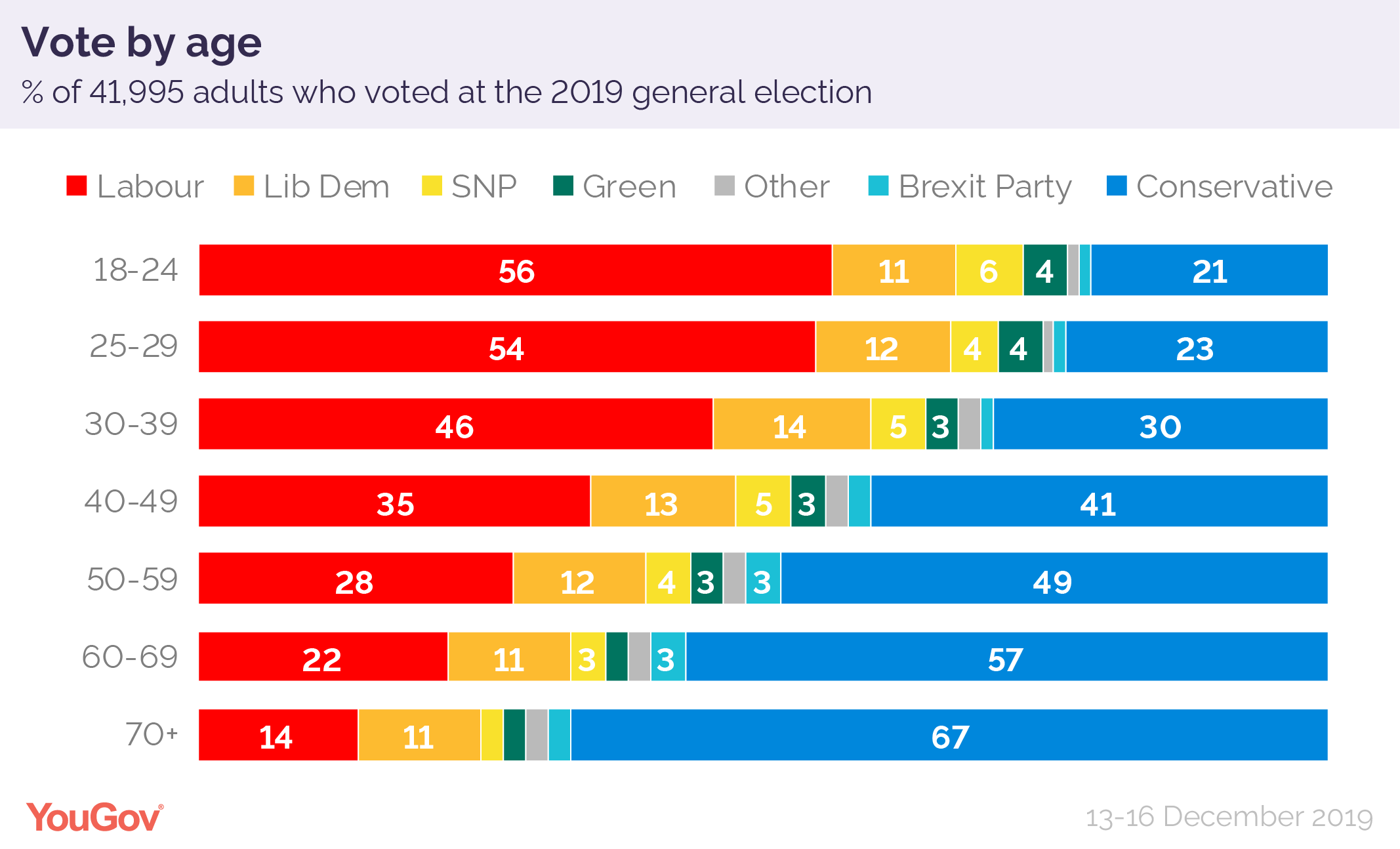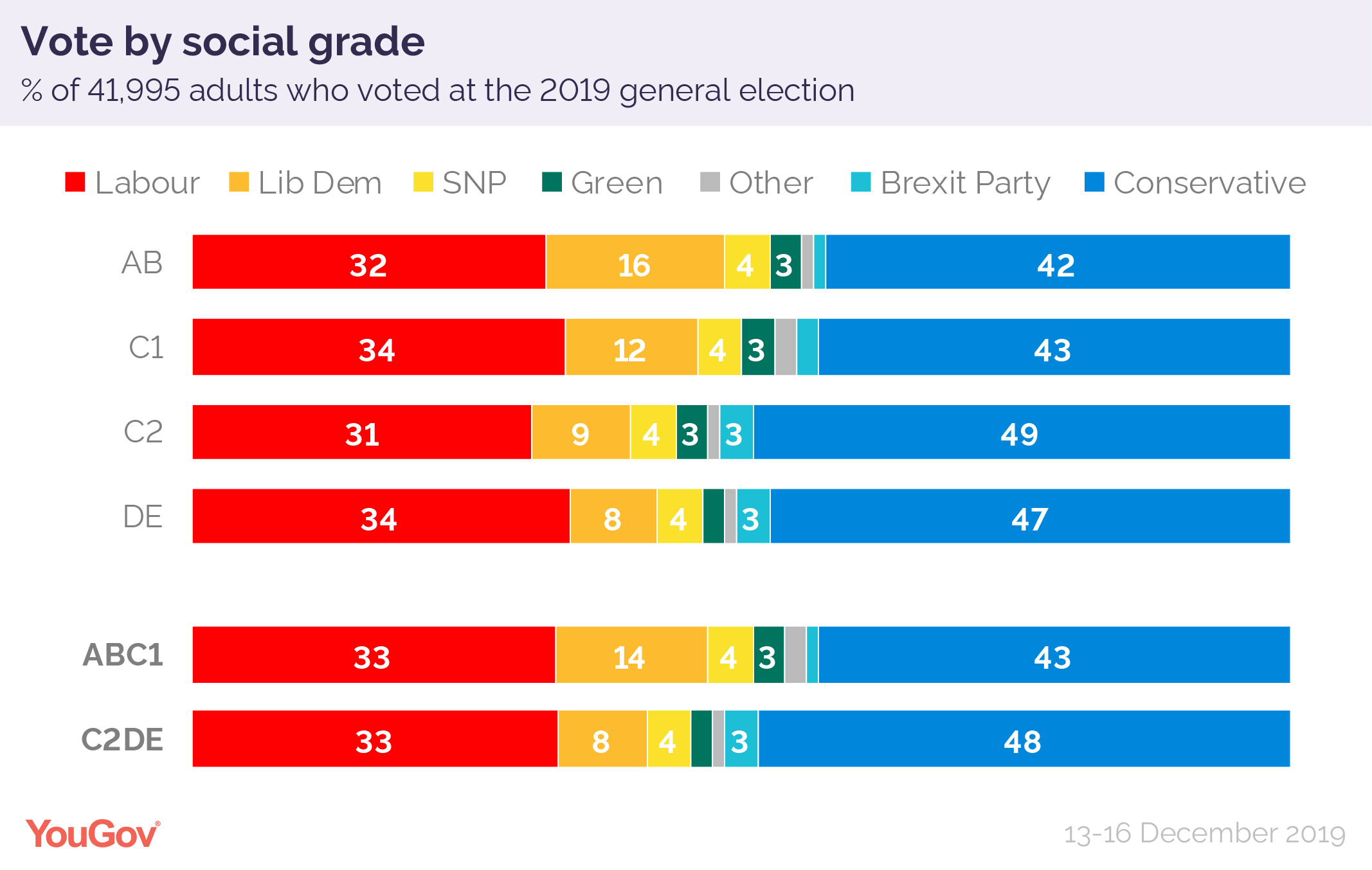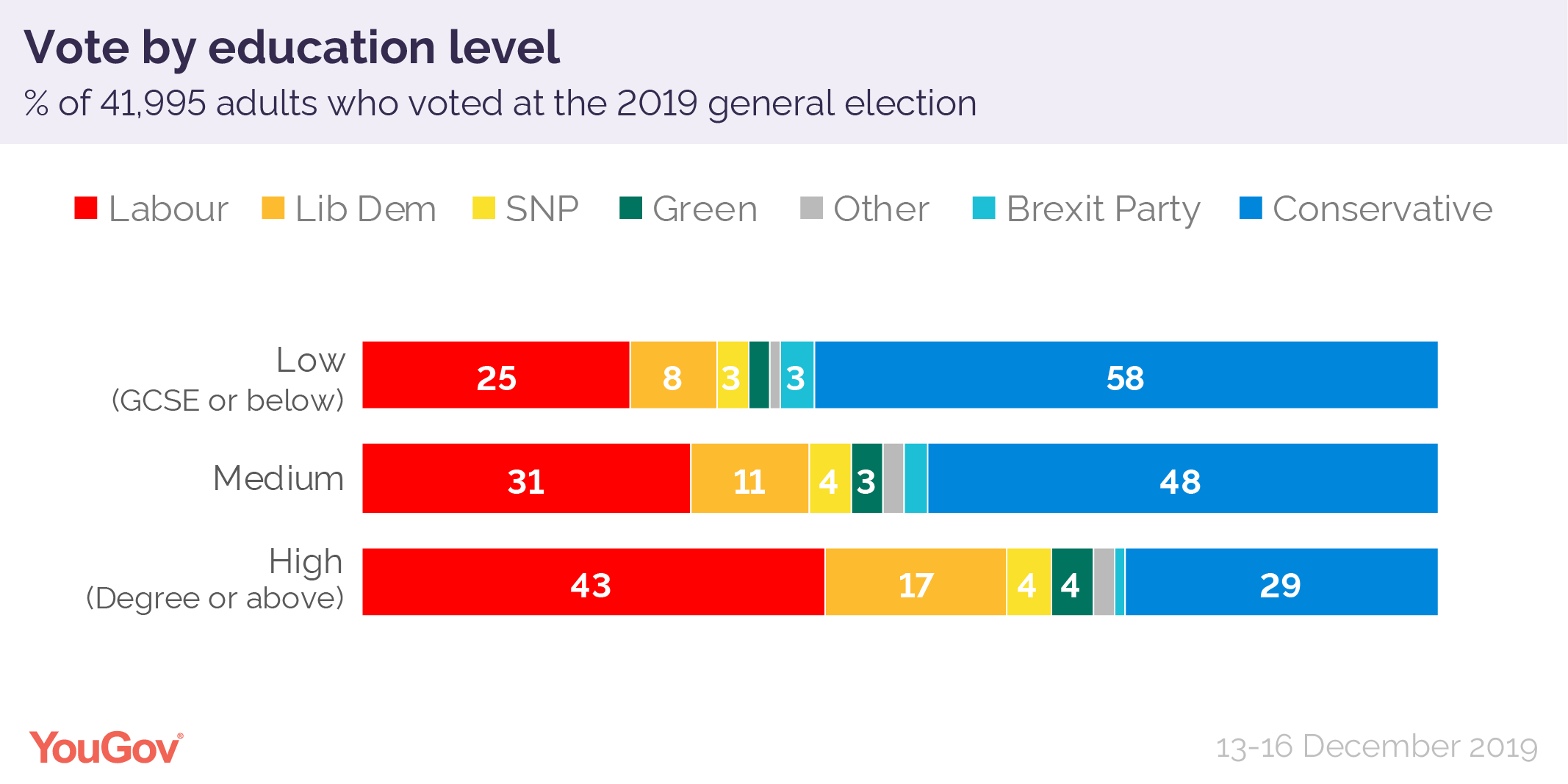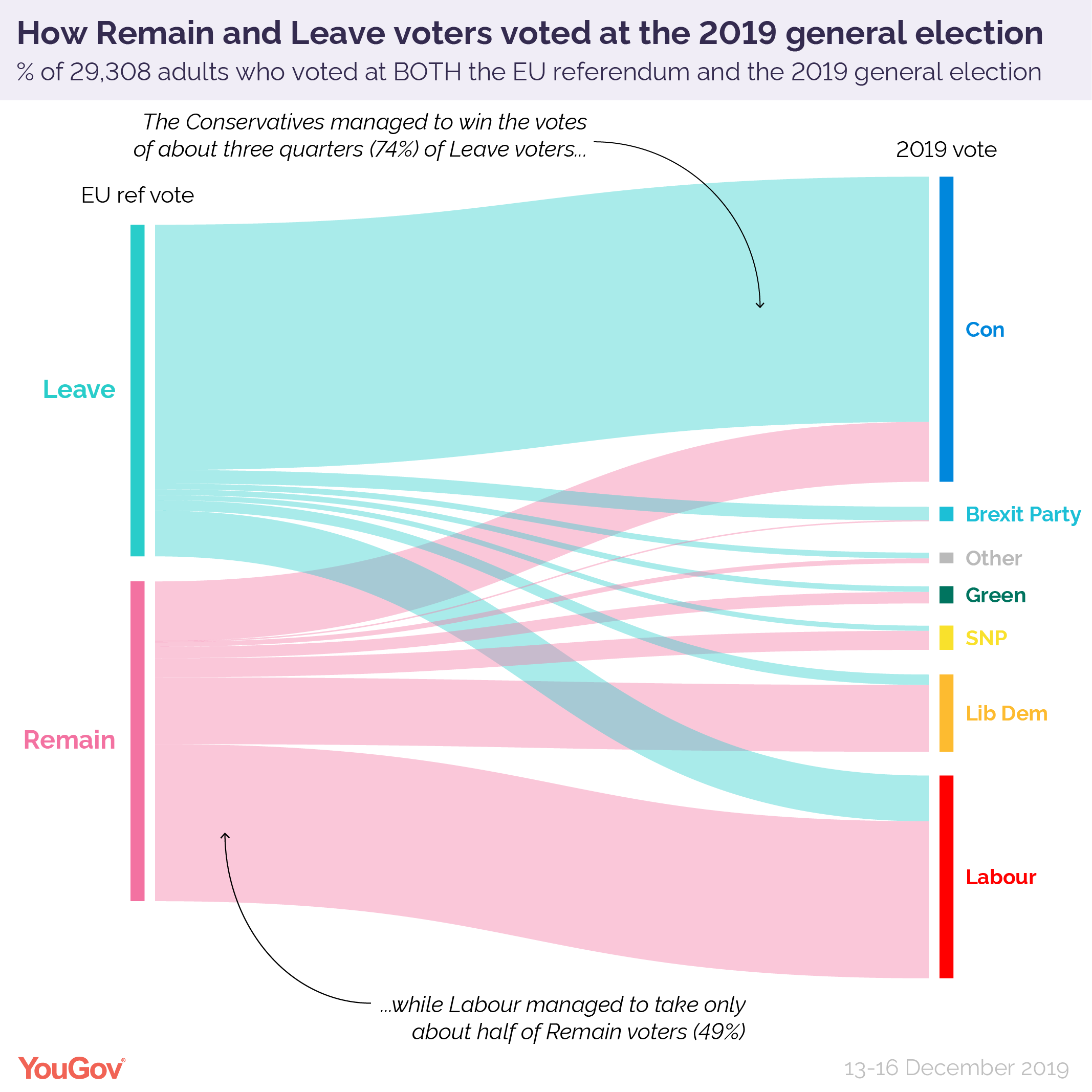Can Sir Keir Starmer revive the Labour Party?
Discussion
SpeckledJim said:
He's stuck. It almost doesn't matter whether he knows what he needs to do to become electable.
If you're trying to lead an obstreperous donkey to somewhere the donkey doesn't want to go, then you'll find out how strong an obstreperous donkey can be.
It's also very difficult to persuade, tempt, cajole, threaten, or coerce an obstreperous donkey. They don't get it. He aw, he aw....he awways struggles with that.
And the winner of the long word award is..............If you're trying to lead an obstreperous donkey to somewhere the donkey doesn't want to go, then you'll find out how strong an obstreperous donkey can be.
It's also very difficult to persuade, tempt, cajole, threaten, or coerce an obstreperous donkey. They don't get it. He aw, he aw....he awways struggles with that.
....................SpeckledJim
Gary C said:
SpeckledJim said:
He's stuck. It almost doesn't matter whether he knows what he needs to do to become electable.
If you're trying to lead an obstreperous donkey to somewhere the donkey doesn't want to go, then you'll find out how strong an obstreperous donkey can be.
It's also very difficult to persuade, tempt, cajole, threaten, or coerce an obstreperous donkey. They don't get it. He aw, he aw....he awways struggles with that.
And the winner of the long word award is..............If you're trying to lead an obstreperous donkey to somewhere the donkey doesn't want to go, then you'll find out how strong an obstreperous donkey can be.
It's also very difficult to persuade, tempt, cajole, threaten, or coerce an obstreperous donkey. They don't get it. He aw, he aw....he awways struggles with that.
....................SpeckledJim
biggbn said:
To be honest, it has worked out exactly as I feared. I did not think Starmer was the man for the job but was willing to give him a chance. I know this will not be popular but the party needs a combination of someone with genuine traditional Labour policies, like Corbyn (who was the reason I joined, and left the party) and someone like Blair or Boris with popular all things to all men appeal. Starmer doesn't even fall between those two stools he doesn't know where they are or how to sit on them.
I don't think those two things are compatible with each other. I also don't think traditional Labour policies are relevant (largely) any more. Things have moved on. Dimensions have shifted.
Murph7355 said:
I don't think those two things are compatible with each other.
I also don't think traditional Labour policies are relevant (largely) any more. Things have moved on. Dimensions have shifted.
Yup Labour still fighting and preparing for the last wars. The country has moved on massively. I also don't think traditional Labour policies are relevant (largely) any more. Things have moved on. Dimensions have shifted.
Many former labour voters are often home owners now and not into class war and identity politics.
Six Potter said:
El stovey said:
633Squadron said:
I think the problem is that it is the party members that vote to make the policy.
Corbyn is gone. The party members have not.
It does seem weird how labour works, the leader looks like they have far less power than with the conservatives.Corbyn is gone. The party members have not.
Amazing Blair managed to change so much and get them all onside. Maybe that’s part of the problem now where those lot (making it difficult) think their values were compromised under Blair or something?
That’s assuming Starmer is actually trying to make change and it’s being resisted. I haven’t seen much evidence that’s happening myself.
There does/did seem to be a prevailing school of thought in Labour that it was Corbyn personally that was the cause of Labour's election defeats and bad polling, as opposed to the policies themselves. I do see why this was/is the view given that most of the manifesto consisted of spending give-aways which on an individual basis were quite populist and polled well. It seems that voters thought that all together there was a bit too much in the manifesto and it looked like something unaffordable.
So they inserted Starmer into the party leader role as someone who seemed to appear credible and didn't have the baggage of Corbyn, but it's not worked has it. From what I've seen he's not really done much to stick his neck out and try to make a name for himself, I've seen more from Tony Blair and Gordon Brown on various topics than the leadership in recent weeks/months.
I think Starmer is seen as a remainer which is bound to hurt Labour popularity in the northern brexit voting areas, Labour could probably do with a figure who is more of a left-wing nationalist type who embraces the post-brexit zeitgeist, but there doesn't seem to be any of those on offer.
If any of those people called the press to a press conference to announce policy who would turn up?
It's not instant but the leader and the leaders faction tend to over time fill out those bodies, provided they are popular. The leader also has access to the "bully pulpit" he has a massively higher profile if he voices support for something in public and it is popular it tends to become policy pretty fast.
If the leader is credibility the next prime-minster are you going to vote against them or block their policy proposals, if so you and your associates will not be on the ministerial payroll with civil servants to do your bidding when they are elected. This is a very big deal because once elected your party gets charge of the machinery of government and you loose the "short money" for advisers/researchers at which point if you aren't on the inside you actually loose a lot of the mechanisms for making policy.
Nick Robinson said something quite interesting when he was interviewing Ed Miliband last week on why Tony Blair won, his suggestion was "he didn't hate tories". Corbyn and most labour activists did and that was really unpalletable.
That is probably the most important factor for winning the election. Suggest faint praise and pity for Boris Jonson, don't take up Tory attempts to engage in a culture war over "wokism", though feel free to point out how the Tories are looking more like the republican party. Beyond that its basically a data driven search to find a winning collation based around the educated (education level is now the best predictor between labour and tories) and a few traditional labour areas, potential head off the Greens and Libdem's by promising a progressive coalition and PR. If you can get over the whole party chauvinism the UK electorate is more left than the governments we get, PR would likely change that.
2xChevrons said:
AstonZagato said:
Labour's obsession with class is bizarre. I think the class system essentially disappeared in the 60's/70's. Britain is a much more meritocratic place now. Class and identity politics resonates only with a tiny minority. However, much of Labour's rhetoric seems to focus on these areas - utterly irrelevant to the majority.
The rigid, deferential, know-your-place, know-your-betters, "God made them high and lowly, he ordered their estate" class system is long gone, but class in the economic sense still exists. It has to. Whether that's something people form an identity around - and whether the class they identify as/feel affinity to is the same as their economic class, is the issue. In strictly economic terms all 'working class' means is that you have to sell your time/labour for money to capital in order to survive. It also means that you lack much or any capital of your own (you're probably renting rather than owning your home, for instance).
'Middle class' (again, strictly in economic terms) means that you have some degree of economic security and capital. You own/mortgage your home, you have savings, investments, secondary property etc. You may well own your own business (or be a partner in one) and you could afford to not labour for a while without quickly running out of the bare essentials of life, and you probably have some sort of income other than selling your labour. But in all likelyhood you still have to perform labour, either for yourself or for an employer, in order to stay in health and home, especially in the long term.
The economic 'upper class' are the ones who don't have to actually do another day's work in their lives in order to live. They have enough capital that not only do they gain plentiful income from it but they can use that capital to gain more capital. They're ultimately the ones who the working and (most of) the middle classes are selling their labour to. The upper class pay the middle class to manage their wealth for them, and the working class to create it.
There is no social or cultural aspect in any of those definitions, and it is possible for anyone from any social background to be in all three economic classes at different points in their life. There can be endless debate and quibbling about the exact defintions and characteristics of each class, and whether a consultant surgeon on £150,000/year is in the same economic class as a warehouse operative on £16,000/year just because they both have to sell their time, skills and labour in order to earn money, but fundamentally these economic classes will always exist in any vaguely capitalist society.
It's what that means, and how people feel about their economic class, and how that is the same as or different to their cultural/social class, that is behind so much of the breakup of traditional political narratives in recent history.




This covers most of it, basically Labour appeal to the young and educated who remain, there are no vote share difference between social classes.
In the longer term the demographics are on their side, however old people tend to vote more. Progressive coalition with PR as the prize is also probably needed.
Talksteer said:
Who do you think picks those 200 people?
If any of those people called the press to a press conference to announce policy who would turn up?
It's not instant but the leader and the leaders faction tend to over time fill out those bodies, provided they are popular. The leader also has access to the "bully pulpit" he has a massively higher profile if he voices support for something in public and it is popular it tends to become policy pretty fast.
If the leader is credibility the next prime-minster are you going to vote against them or block their policy proposals, if so you and your associates will not be on the ministerial payroll with civil servants to do your bidding when they are elected. This is a very big deal because once elected your party gets charge of the machinery of government and you loose the "short money" for advisers/researchers at which point if you aren't on the inside you actually loose a lot of the mechanisms for making policy.
Nick Robinson said something quite interesting when he was interviewing Ed Miliband last week on why Tony Blair won, his suggestion was "he didn't hate tories". Corbyn and most labour activists did and that was really unpalletable.
That is probably the most important factor for winning the election. Suggest faint praise and pity for Boris Jonson, don't take up Tory attempts to engage in a culture war over "wokism", though feel free to point out how the Tories are looking more like the republican party. Beyond that its basically a data driven search to find a winning collation based around the educated (education level is now the best predictor between labour and tories) and a few traditional labour areas, potential head off the Greens and Libdem's by promising a progressive coalition and PR. If you can get over the whole party chauvinism the UK electorate is more left than the governments we get, PR would likely change that.
I gather that these NPF members are elected via an all member ballot, not choosen by the party leader if that's what you are suggesting.If any of those people called the press to a press conference to announce policy who would turn up?
It's not instant but the leader and the leaders faction tend to over time fill out those bodies, provided they are popular. The leader also has access to the "bully pulpit" he has a massively higher profile if he voices support for something in public and it is popular it tends to become policy pretty fast.
If the leader is credibility the next prime-minster are you going to vote against them or block their policy proposals, if so you and your associates will not be on the ministerial payroll with civil servants to do your bidding when they are elected. This is a very big deal because once elected your party gets charge of the machinery of government and you loose the "short money" for advisers/researchers at which point if you aren't on the inside you actually loose a lot of the mechanisms for making policy.
Nick Robinson said something quite interesting when he was interviewing Ed Miliband last week on why Tony Blair won, his suggestion was "he didn't hate tories". Corbyn and most labour activists did and that was really unpalletable.
That is probably the most important factor for winning the election. Suggest faint praise and pity for Boris Jonson, don't take up Tory attempts to engage in a culture war over "wokism", though feel free to point out how the Tories are looking more like the republican party. Beyond that its basically a data driven search to find a winning collation based around the educated (education level is now the best predictor between labour and tories) and a few traditional labour areas, potential head off the Greens and Libdem's by promising a progressive coalition and PR. If you can get over the whole party chauvinism the UK electorate is more left than the governments we get, PR would likely change that.
Yes I agree the party leader ought to have much greater influence over policy than any other one individual, but there seems to be a desire to make things look like something of a democratic process rather than a dictatorship.
Starmer doesn't seem like a character who is going to attempt to reshape the party towards his own ideology, rightly or wrongly, he appears to not want to rock the boat too much.
b hstewie said:
hstewie said:
 hstewie said:
hstewie said:vaud said:
Labour managed to win 3 times (and by good margins) without PR. Is the system flawed or the party?
Presume that as with most things nobody complains about the system when they're winning.2xChevrons said:
AstonZagato said:
Labour's obsession with class is bizarre. I think the class system essentially disappeared in the 60's/70's. Britain is a much more meritocratic place now. Class and identity politics resonates only with a tiny minority. However, much of Labour's rhetoric seems to focus on these areas - utterly irrelevant to the majority.
The rigid, deferential, know-your-place, know-your-betters, "God made them high and lowly, he ordered their estate" class system is long gone, but class in the economic sense still exists. It has to. Whether that's something people form an identity around - and whether the class they identify as/feel affinity to is the same as their economic class, is the issue. In strictly economic terms all 'working class' means is that you have to sell your time/labour for money to capital in order to survive. It also means that you lack much or any capital of your own (you're probably renting rather than owning your home, for instance).
'Middle class' (again, strictly in economic terms) means that you have some degree of economic security and capital. You own/mortgage your home, you have savings, investments, secondary property etc. You may well own your own business (or be a partner in one) and you could afford to not labour for a while without quickly running out of the bare essentials of life, and you probably have some sort of income other than selling your labour. But in all likelyhood you still have to perform labour, either for yourself or for an employer, in order to stay in health and home, especially in the long term.
The economic 'upper class' are the ones who don't have to actually do another day's work in their lives in order to live. They have enough capital that not only do they gain plentiful income from it but they can use that capital to gain more capital. They're ultimately the ones who the working and (most of) the middle classes are selling their labour to. The upper class pay the middle class to manage their wealth for them, and the working class to create it.
There is no social or cultural aspect in any of those definitions, and it is possible for anyone from any social background to be in all three economic classes at different points in their life. There can be endless debate and quibbling about the exact defintions and characteristics of each class, and whether a consultant surgeon on £150,000/year is in the same economic class as a warehouse operative on £16,000/year just because they both have to sell their time, skills and labour in order to earn money, but fundamentally these economic classes will always exist in any vaguely capitalist society.
It's what that means, and how people feel about their economic class, and how that is the same as or different to their cultural/social class, that is behind so much of the breakup of traditional political narratives in recent history.
I think the main thing that's changed regarding the social class system is that the so called working class are no longer deferential to those who would like to think that they are "higher" or "better". That said, there are plenty of that group and of the benefits class who perhaps more than ever don't seem to want to persue social mobility and appear accepting of their socioeconomic position.
I do think though that one-upmanship and snobbery are still alive and well in the UK, there are certainly some out there that think that those they perceive to be of lower class than them ought to be more deferential to there supposed betters.
I still see folks here on PH going on about "chav's" and what have you, which I see as a something of a social class judgement, not in relation to any actual anti-social behaviours but to what is seen as uncouth tastes and appearances.
633Squadron said:
Funny thing is that when the Labour party adopted policies the electorate liked - they came into power.
Kind of my point really 
When you're winning it's all about the policies nobody says "yeah they sucked but the system let it happen".
Lose and it's all because of the system.
Still amazes me that the Corbyn-era folks seem in denial over why 2019 happened.
Not enough people liked the policies.
turbobloke said:
633Squadron said:
Funny thing is that when the Labour party adopted policies the electorate liked - they came into power.
Give or take 100+ stealth taxes! Blair sure pulled the wool over a lot of people's eyes.Who said:
Won't get fooled again
Within 48 hours they raided everyones pension pot by 10%
633Squadron said:
turbobloke said:
633Squadron said:
Funny thing is that when the Labour party adopted policies the electorate liked - they came into power.
Give or take 100+ stealth taxes! Blair sure pulled the wool over a lot of people's eyes.Who said:
Won't get fooled again
Within 48 hours they raided everyones pension pot by 10%
https://www.bbc.co.uk/news/business-48177767
turbobloke said:
633Squadron said:
turbobloke said:
633Squadron said:
Funny thing is that when the Labour party adopted policies the electorate liked - they came into power.
Give or take 100+ stealth taxes! Blair sure pulled the wool over a lot of people's eyes.Who said:
Won't get fooled again
Within 48 hours they raided everyones pension pot by 10%
https://www.bbc.co.uk/news/business-48177767
633Squadron said:
Funny thing is that when the Labour party adopted policies the electorate liked - they came into power.
Indeed - against a weakened and very tired/divided Tory party.Blair did a great job of spin and image - it was very, very well executed. Hope. New. Renewal. etc.
I didn't vote for them at the time, but I could see the attraction - it was a well executed multi-year campaign. A squandered majority in the first term - they had some good ambitions.
vaud said:
633Squadron said:
Funny thing is that when the Labour party adopted policies the electorate liked - they came into power.
Indeed - against a weakened and very tired/divided Tory party.Blair did a great job of spin and image - it was very, very well executed. Hope. New. Renewal. etc.
I didn't vote for them at the time, but I could see the attraction - it was a well executed multi-year campaign. A squandered majority in the first term - they had some good ambitions.
Gassing Station | News, Politics & Economics | Top of Page | What's New | My Stuff


